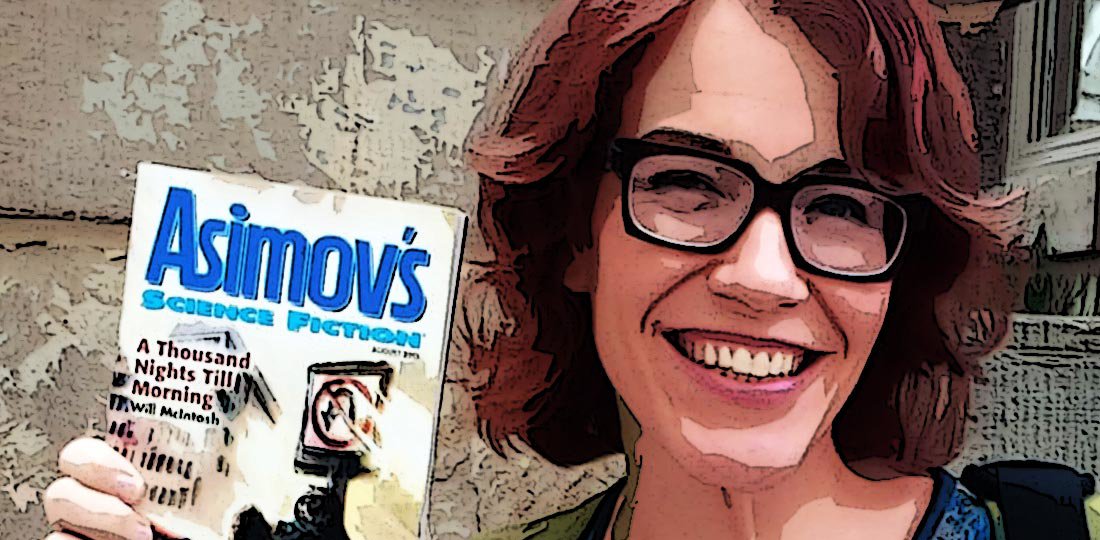
Kelly Robson – author of the Nebula-nominated “Waters of Versailles” (published by Tor.com) and many other marvelous tales – has lived a life in preparation of embracing her writerly passions. Her diverse and extensive experience coupled with her genuine love and reverence for storytelling give her an utterly unique and authentic voice, a voice that infuses her stories (which, time and again, are recognized for their excellence).
PROMO: Pseudopod 10 Year Anniversary Kickstarter!
Showcase Episode: 20 Minutes with Kelly Robson
[caution: mature language – listener discretion is advised]
Podcast: Download (Duration: 46:51 — 64.5MB)
Subscribe: RSS
We have a FORUM! Share your comments to this (or any) episode over at the RTP Forum!
Check out this and all our episodes on iTunes and on Stitcher Radio!
Kelly’s presence is a delight of the Internet…
- Kelly’s Website is filled with awesome, including her appearances, thoughts of the writerly arts, and general fabulousity… make the scene!
- Her body of work (including the numerous anthologies and Best Ofs she’s appeared in) is featured on her Amazon Page
- Follow her on Twitter, Goodreads, and on Facebook!
- And check out the books she references in the interview:
Co-Host Marie Bilodeau
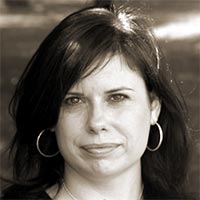
- Behold the mayhem of her Website!
- Peruse the wonders of her Amazon Profile and her Goodreads page
- Follow her on Facebook and on Twitter (‘cuz really… she’s pretty awesome)




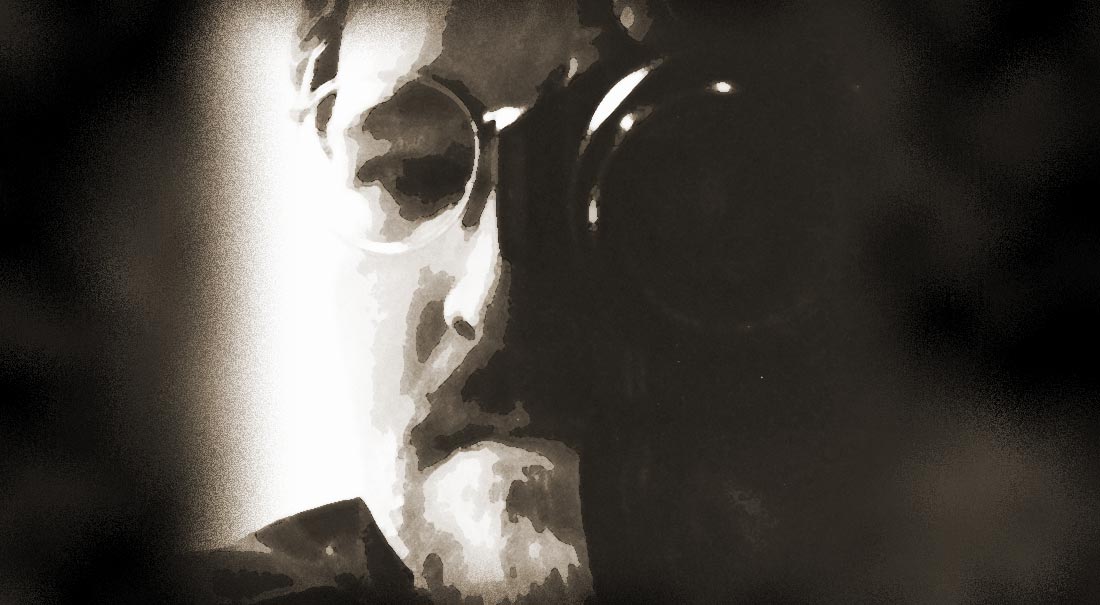


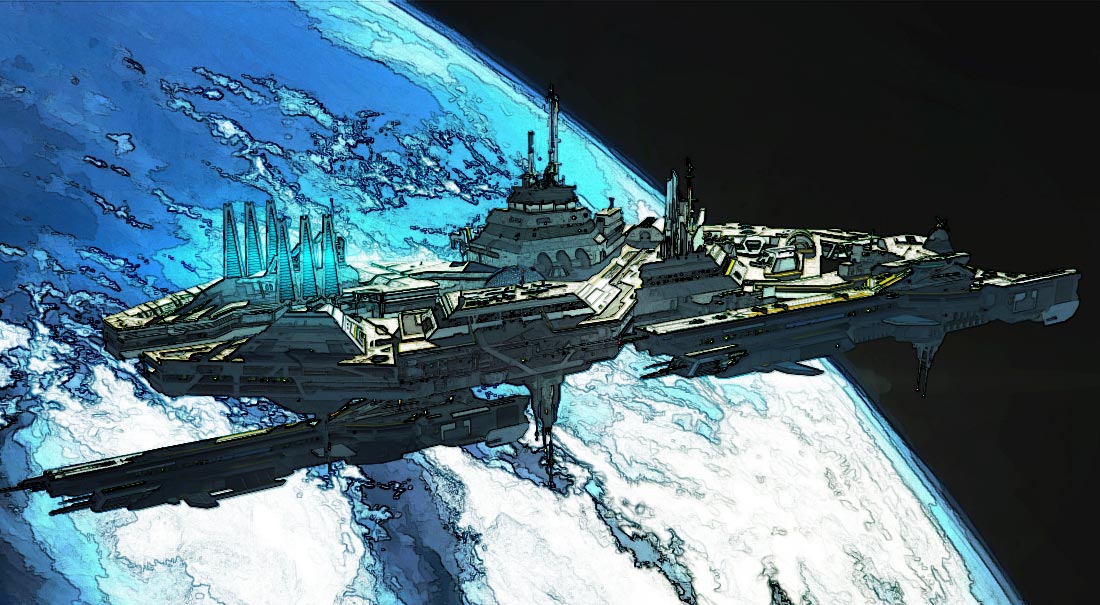

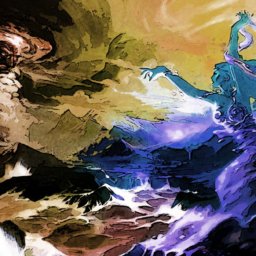









So many nuggets o’ gold!
Catching up on the podcast, and I heartily second ZZ Claybourne’s comment above. I’m definitely making a note of Stephen Barnes’ philosophy about story and nuggets and how to use them, and about writing every scene as a short story.
I also think it’s seriously cool that Kelly Robson name-dropped David Graeber’s “Debt: the First 5,000 Years,” because he’s one of my absolute favorite authors and theorists, and that was the first of his books I ever read.
I think Dave has a point, too, that sometimes, even with speculative fiction readers, there’s a level of “I want to be comforted by someone else’s vision.” I, for instance, draw enormous comfort from Starhawk’s “The Fifth Sacred Thing,” and its sequel, “City of Refuge,” even though they are in no way easy or comfortable books to read, but because they affirm in a powerful way that the kinds of change I want to see in the world really are possible, that we really can create societies which are peaceful and nurture everyone’s needs equally, without becoming authoritarian or despicable – and moreover, that these societies can defend themselves from more warlike, domineering groups without becoming domineering and warlike in turn. I don’t even know if any of that is actually true, but holding onto that possibility – brilliantly realized, I hasten to add – is part of what keeps me going.
I guess what I’m saying here is that another reason I – and probably others – read speculative fiction is for the affirmation that things can be different, that we’re not necessarily stuck with the way things are now, that there are always possibilities, including possibilities for something better.